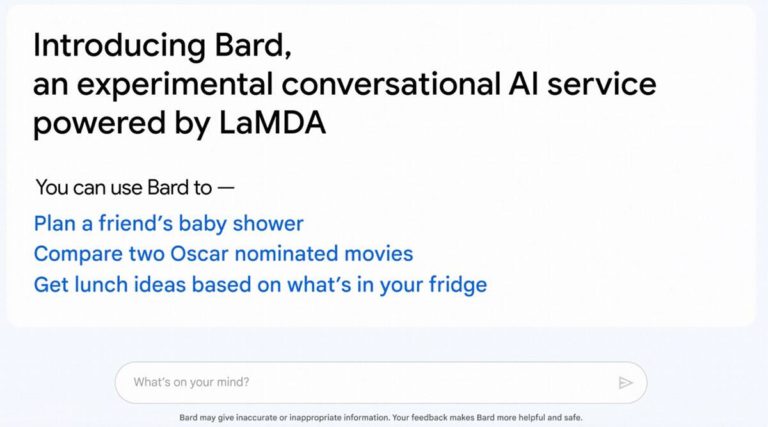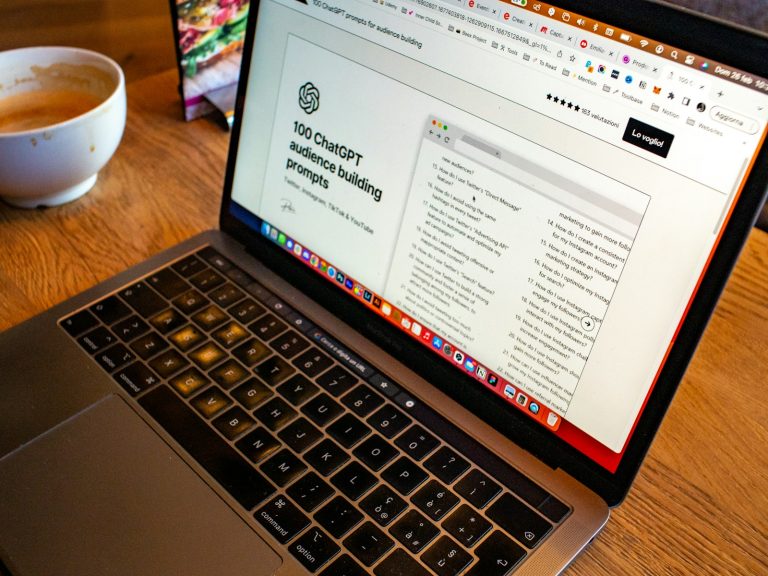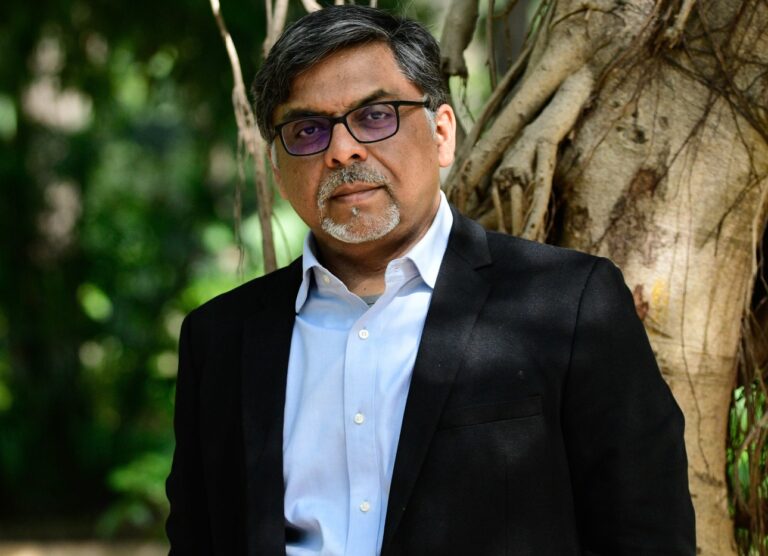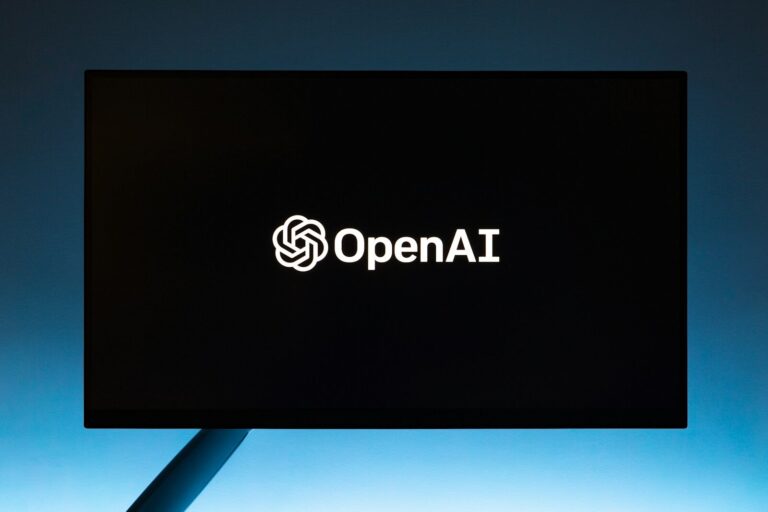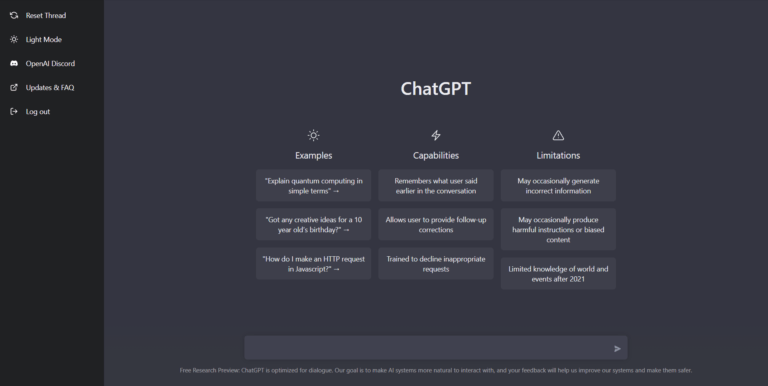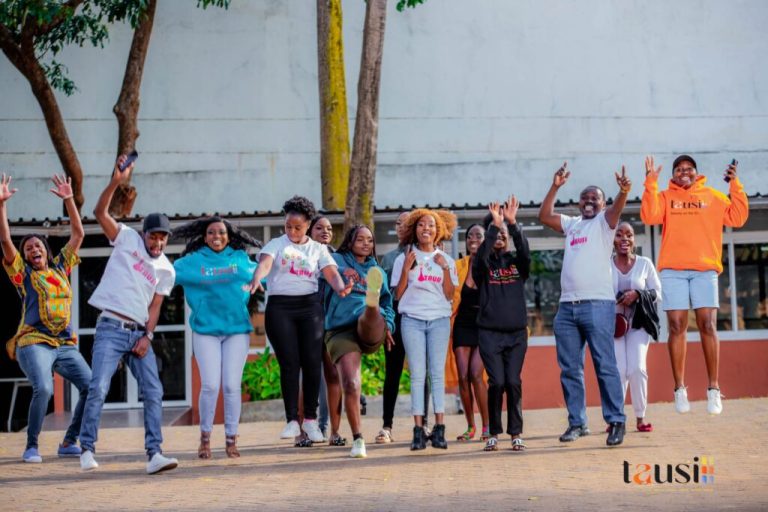Meet ChatGPT, the Generative AI Bot From OpenAI

Is artificial intelligence taking over the world? The latest “groundbreaking” AI chat bot, trained to interact with advanced users, is certainly causing quite a stir in the technology world.
The software, known as ChatGPT and developed by the company OpenAI, is designed to generate human-like responses to a wide range of inputs using algorithms.
“ChatGPT appears to be a human being,” said Varun Mayya, CEO of software development firm Avalon Labs, to Global News. “It’s exactly like a human being, except it knows everything in the world.”
Users can request that the AI write essays, poems, or scripts, as well as translate or summarize text. It can also answer questions about a wide range of topics and solve coding issues.
Furthermore, it remembers previous texts, allowing users to ask follow-up questions in a conversational manner.
ChatGPT is one of those rare moments in technology where you see a glimmer of how everything is going to be different going forward.
— Aaron Levie (@levie) December 3, 2022
“This is similar to the early days of the internet, back in the 1990s, when everyone was like, ‘Is this a thing?'” “Isn’t this a thing?” asked Mayya, who has been developing software for ten years. “But, without a doubt, it is now a thing.” It’s extremely innovative.”
Helper, friend, or therapist?
Mayya predicts that everyone will use ChatGPT at some point.
“I believe that eventually everyone will use it.” “Everyone gets their own executive assistant, their own friend, and their own therapist,” he explained.
ChatGPT, with its vast knowledge, can be practically anything the user wants it to be — it can be a chef and provide recipes, a business planner for marketers, a public relations specialist for press releases, or a therapist for advice.
Man,,, this AI stuff with #ChatGPT really gonna change the world,,, and ya boy is not saying that’s a good thing. pic.twitter.com/5PpeHSpdiQ
— FLAVOR FLAV (@FlavorFlav) December 9, 2022
“It will undoubtedly add a lot of value to the average person,” Mayya said.
ChatGPT was launched on November 30 and had one million users by December 5 — less than a week later, according to OpenAI CEO Sam Altman.
Since then, the terms “ChatGPT” and “OpenAI” have become top searches on Google Trends in Canada and around the world.
The software is currently free because it is in the research phase, but there are plans to charge for it in the future.
“At some point, we’ll have to monetize it; the compute costs are eye-watering,” Altman said online on December 5.
‘Everyone will be affected.’
According to Mayya, ChatGPT is “formidable” as an employee with its current capabilities.
“Unfortunately, I believe that many people will lose their jobs.” “Everyone will be affected,” he said. “The creator’s era is coming to an end.” It will be the era of the idea person, and the idea person will use all of these magical tools to build things out.”
“No white-collar job will be spared, not even musicians,” Mayya added, noting that this could include anything from content writing to architecture — all the way up to filling in for a company’s CEO.
“That’s frightening.”
Are we even ready for what’s coming? Like ChatGPT can already do 90% of all white collar jobs in existence.
Where are these people going to go? How are they going to pay off existing loans? How are they going to earn? (not earn less, they’ll earn 0)
— Varun Mayya (@waitin4agi_) December 5, 2022
What are the dangers?
The software is not always accurate. As its creator pointed out, it can write plausible-sounding but incorrect or illogical responses.
According to Katrina Ingram, CEO of Ethically Aligned AI, a social enterprise that launched last year dedicated to consulting and educating companies on artificial intelligence, it comes with the risk of users believing what they’re told, even if it’s not true.
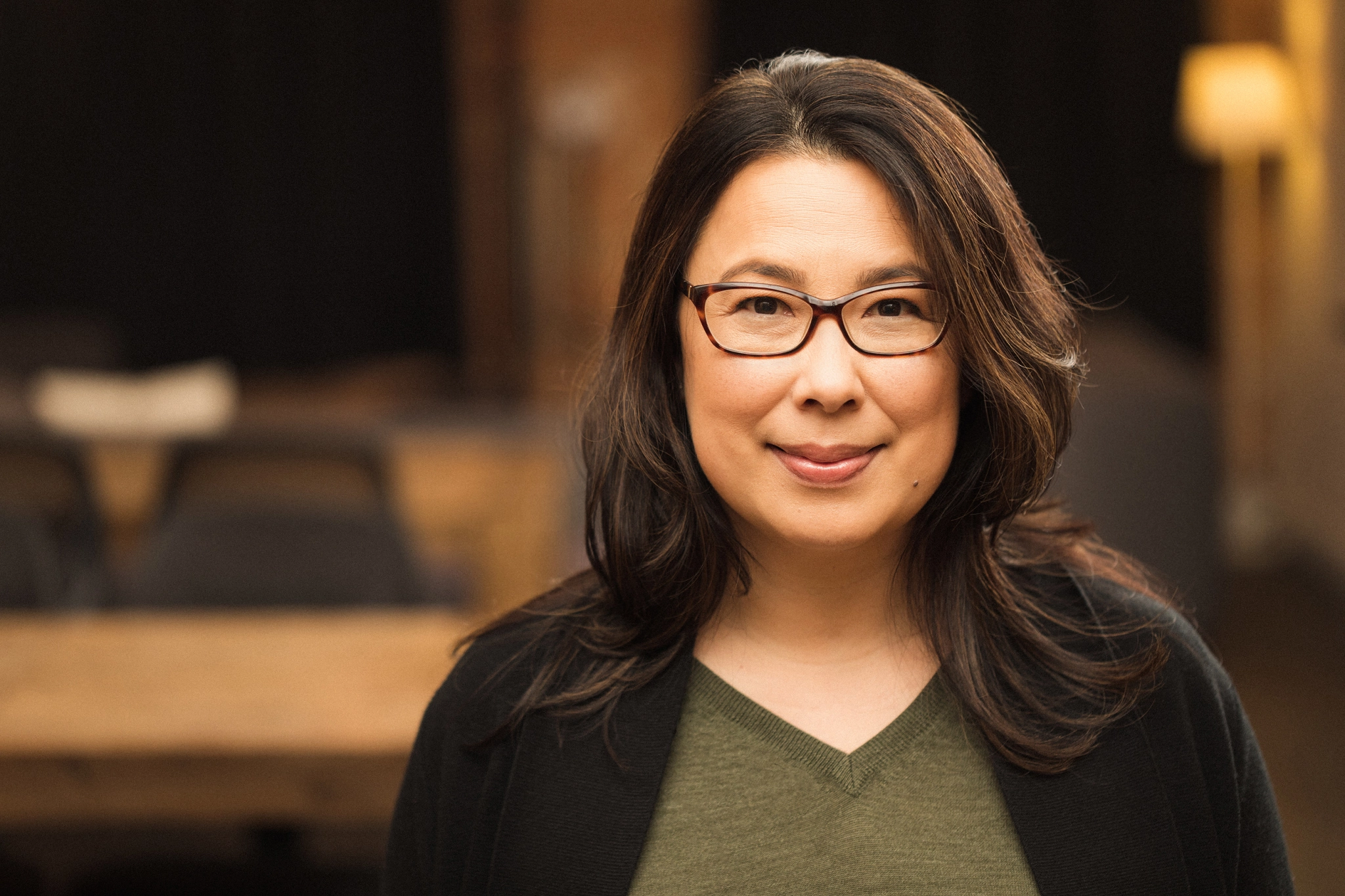
“People may perceive this as authoritative and accurate, which it is not,” she told Global News. “That could be very troublesome.”
ChatGPT is a lot like me in 1998 in that, if you ask it a question, it will answer extremely confidently even if it has no idea what the answer is.
— Hank Green (@hankgreen) December 8, 2022
ChatGPT is classified as a “large language model” by Ingram.
“This means that when you ask a question, the model refers to this really large body of written information to produce a response,” she explained.
“Because it was trained on dialogue, the response feels a lot more conversational.” It feels like you’re conversing with someone rather than conducting a search.”
“It almost feels like it’s very good at certain things,” she continued.
Concerns about ethics
According to Ingram, as AI advances at a rapid pace, ethical concerns arise.
When considering the ethics of ChatGPT, Ingram believes that the high cost of running the language model and its impact on climate change should be considered.
“Cost is a major consideration. These things require a significant amount of computation. “A lot of energy is consumed,” she explained.
Last month, Meta also announced Galactica, a new large language model AI software that can “store, combine, and reason about scientific knowledge.”
The software, which was launched with a public online demo, only lasted three days before being disabled.
Aside from users noticing that the responses generated by Galactica were incorrect or biased, it also had a tendency to generate hate speech.
Despite being disabled, the model’s code is still accessible to anyone.
Damn! Does anyone have a better short example of #ChatGPT genius? pic.twitter.com/FMAnc8PoMN
— Chris Anderson (@TEDchris) December 8, 2022
‘Art is significant.’
AI art, like ChatGTP, has taken over social media thanks to software such as Lensa AI and DALL-E 2.
Lensa AI was the most popular free iPhone app as of December 6. Although downloading the app is free, users must pay a fee to access personalized AI images of themselves created by the technology.
The app employs artificial intelligence algorithms to edit and modify photos of users in order to create “Magic Avatars,” a feature that was introduced last month. The process is driven by a model known as Stable Diffusion.
As more users joined the trend, the app’s creator, Prisma Labs, raised prices on December 3 to keep up with demand.
“We are experiencing increased demand right now, and the price increase was required to keep the service operational,” the company stated online.
“We reasoned that living and working at a higher cost is preferable to living and barely working at a lower cost.”
Before Lensa AI became well-known online, DALL-E 2, another OpenAI software, was known for the digital images it could generate from text descriptions.
Although companies such as Prisma Labs claim that AI-generated images will not replace digital art, many artists believe there is a threat.
The AI art trend has been “hard to reckon with,” according to Gabrielle Drolet, a New Yorker cartoonist living in Montreal.
Just as some believe ChatGPT has the potential to eliminate jobs, she believes AI art has the potential to eliminate income from artists.
“I hope it doesn’t have too much of an impact on the community,” Drolet told Global News. “It’s frightening and sad when you consider the illustrators whose work is being ripped off and those who are losing money as a result.”
“People make their living off of art and art is important.”


